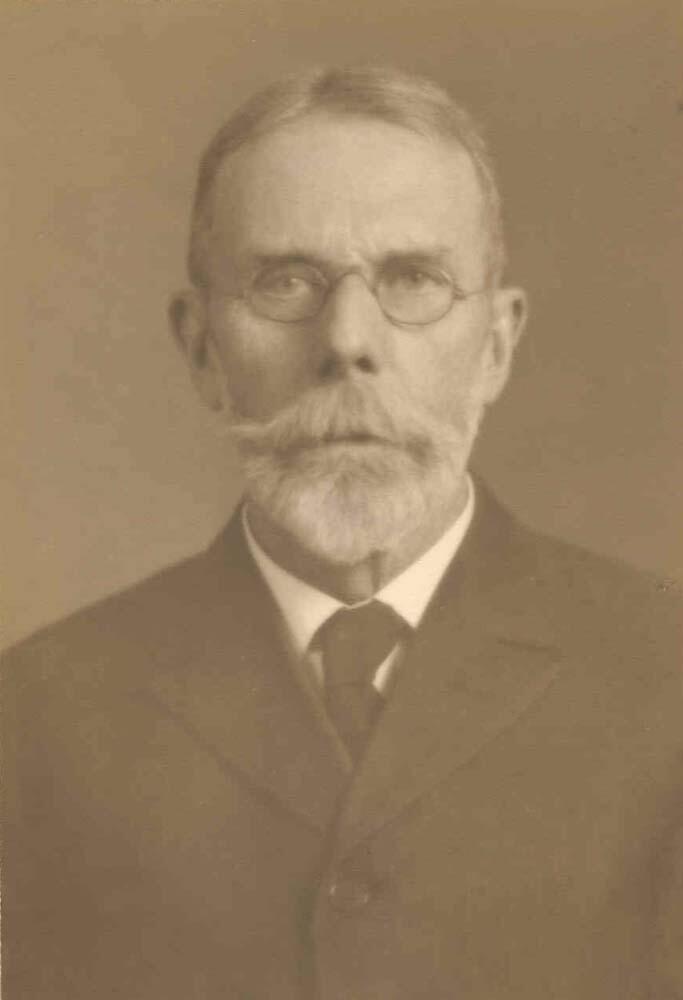(1858-1932)

What do you think about issuing a part of the edition unbound in sheets? We can judge better of details when we see the ms. For example we do not know whether you are planning to overprint the plates or whether your text will be arranged that this will not be necessary. And the plan of binding will have to be determined to a considerable extent by the largest amount of text applying to a single plate. If you have any suggestions to make I hope you will mention them, as we are anxious that you should be satisfied and that the job should be done in the best manner.
I hope your eyes are holding out. Mine are dreadful and a continuous endurance. I feel as if the bottom had fallen out of things now that Mrs. Farlow has gone.
Letter from Roland Thaxter to Edward Angus Burt November 1, 1927
Roland Thaxter was born in Newtonville, Massachusetts, August 28, 1858. He entered Harvard University in the autumn of 1878 and, in 1882, received the degree of A.B., magna cum laude, with honorable mention in Natural History and English Composition and election to the Phi Beta Kappa.
He followed the only acceptable course at that time for a student of biology, his chief interests being botany and entomology, by entering the Harvard Medical School. After one year Thaxter received the Harris Fellowship and was able to enter the Graduate School of Arts and Sciences, where he concentrated on the study of cryptogamic botany under the direction of Dr. Farlow. From 1886-1888 Thaxter served as Farlow's assistant and earned his A.M. and Ph.D. in Natural History.
Thaxter's first position was as botanist for the Connecticut Agricultural Experiment Station where he worked until 1891. He returned to Harvard that year as Assistant Professor and relieved Farlow of much of the elementary instruction. In 1896 Farlow retired and Thaxter assumed the full responsibility for teaching and research in cryptogamic botany.
During his teaching career at Harvard, he was Assistant Professor of Cryptogamic Botany (1891-1901), Professor of Cryptogamic Botany (1901-1919), and Professor Emeritus (1919-1932). He was also Honorary Curator of the Farlow Herbarium at Harvard in the 1920's. Thaxter was known as a generous but uncompromising teacher and left a lasting impression, even on students who did not continue in the sciences. However his most recognized achievement was his extensive research. His contributions to mycology number over 70 papers and his monograph on the Laboulbeniales stands out as one of the greatest pieces of work in the field of mycology.
In spite of poor health Thaxter still traveled all over the United States, Europe, Newfoundland, West Indies, South America, and even the Straits of Magellan to study and collect for the Farlow Herbarium.
He died in Cambridge, MA on April 22, 1932.